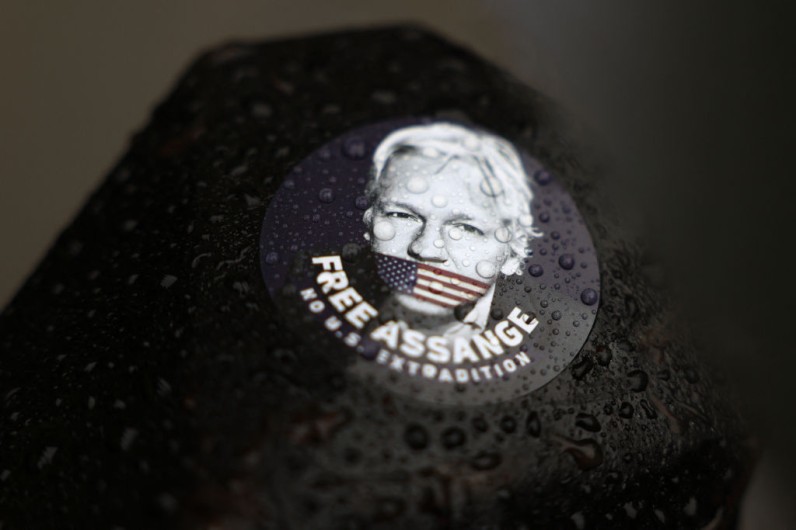
Wikileaks founder Julian Assange's prosecution in the United States could be dropped. This was confirmed by US President Joe Biden on Wednesday, April 10.
Australian Prime Minister Anthony Albanese described President Joe Biden's comments as encouraging remarks. He added that the issue between the US and Assange should be brought to a conclusion.
Wikileaks Founder Assange's Prosecution Could Be Dropped
The Associated Press reported that Australia requested the US government to drop its decade-long push to prosecute the Wikileaks founder.
Julian Assange has been held in the UK since 2019 to avoid getting extradited to the United States and face espionage charges.
He is avoiding the US prosecution because if he is convicted, he could face up to 175 years in prison, according to Al Jazeera.
However, Australia opposes this, claiming that there is a disparity in the way the US handled whistleblower Chelsea Manning compared to how it handled Assange.
The Australian government added that former US President Barack Obama commuted Manning's 35-year sentence to just seven years. This allowed her to be released back in 2017.
Meanwhile, Biden responded positively to Australia's request, saying that "we're considering it."
READ NEXT : Hollywood Studios Want to Block Pirate Sites as More People Pirate Movies Due to High Streaming Prices
Wikileaks Founder Julian Assange's Case
The US wants to prosecute Julian Assange since he allegedly published a trove of American classified documents. Because of this, he has been indicted on 17 espionage charges, as well as one charge of computer misuse.
US prosecutors claimed that the Wikileaks founder helped and encouraged Chelsea Manning to steal military files and diplomatic cables, which were published by the Wikileaks.
However, Wikileaks Editor-in-Chief Kristinn Hrafnsson defended the founder, saying that the US should end the legal process and it should recognize that journalism is not a crime.
"By dropping the charges against Julian he will be protecting freedom of expression and the rights of journalists and publishers globally," she explained.







Join the Conversation